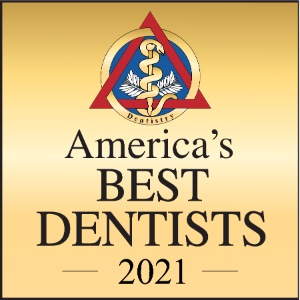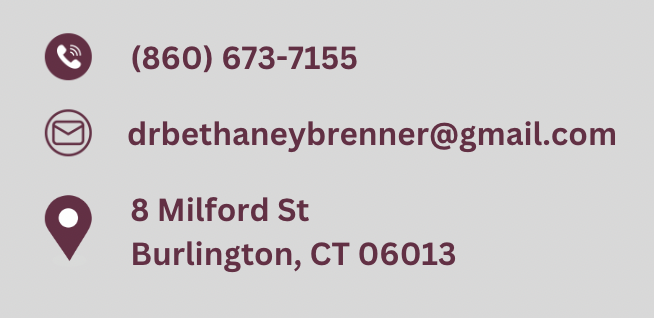“TMJ disorders don’t just cause jaw pain—they can quietly disrupt your sleep, too.”
If you’ve ever woken up with jaw tightness, unexplained headaches, or a sore face and wondered what’s going on, your TMJ might be the missing piece. The temporomandibular joint, or TMJ, plays a vital role in your daily comfort. But when this joint isn’t functioning properly, it can do more than make chewing difficult. It can seriously mess with how well you sleep.
Sleep is supposed to restore you. But when your TMJ is out of balance, your rest can become fragmented without you even realizing it. And here’s the surprising part: for many people, TMJ disorders and sleep disorders go hand-in-hand.
Let’s break down what that connection looks like, how it affects your body, and what treatments can help you finally get the rest you deserve.
How TMJ Disorders Affect Sleep
When your jaw is misaligned or overworked, the surrounding muscles often tense up. That tightness doesn’t just stop at the joint. It can radiate into your neck, shoulders, and even your head. During sleep, this tension can trigger jaw clenching or teeth grinding (bruxism)—a common but often overlooked source of sleep disturbance.
Grinding can cause micro-awakenings throughout the night, preventing you from reaching deep stages of sleep. The result? You wake up groggy, even after a full eight hours in bed.
In some cases, TMJ dysfunction can even restrict your airway. A misaligned jaw can push your tongue back or narrow your throat, which contributes to snoring or obstructive sleep apnea (OSA). If you’ve ever been told you snore or gasp for air during the night, your TMJ might be partially to blame.
Sleep Disorders That Overlap with TMJ
The most well-known sleep disorder connected to TMJ is sleep apnea, a condition where breathing pauses repeatedly during sleep. These pauses force the brain to wake up slightly to restart breathing, which leads to fragmented sleep and reduced oxygen.
Milder forms of airway resistance—sometimes called Upper Airway Resistance Syndrome (UARS)—can also be linked to TMJ dysfunction. People with UARS don’t stop breathing entirely but still struggle to get enough airflow due to narrow airways, leading to fatigue, brain fog, and anxiety.
And let’s not forget insomnia. Many people with TMJ report difficulty falling or staying asleep due to jaw discomfort or subconscious tension in the face and neck.
Common Symptoms You Might Overlook
People with TMJ and sleep-related issues often report a range of symptoms they didn’t know were connected. You might notice morning headaches, tight jaw muscles, soreness when you chew, or even ear pain. You might feel like your jaw gets “stuck” or makes clicking noises.
But some of the symptoms aren’t physical. Fatigue, trouble concentrating, mood swings, and memory lapses can all stem from poor sleep—and poor sleep can be the result of an untreated TMJ disorder.
If you find yourself saying, “I’m always tired, but I don’t know why,” it’s time to take a closer look.
Diagnosing the Root of the Problem
A proper diagnosis starts with a full picture of your symptoms. A provider might examine your jaw alignment, evaluate muscle tenderness, and look for signs of teeth grinding like flattened enamel or receding gums.
If sleep issues are suspected, a home sleep study might be recommended. This test can help determine if breathing disruptions like apnea or UARS are affecting your rest. Combining this data with a TMJ evaluation gives you a more accurate idea of what’s really going on.
Sleep and jaw function are deeply connected, so it’s important to look at both sides of the puzzle. When one system is off, the other often follows.
Treatment Options That Actually Help
There’s no one-size-fits-all fix for TMJ and sleep problems, but there are plenty of proven strategies to help you feel better.
A custom oral appliance is one of the most effective tools for many patients. It fits like a mouthguard and gently shifts your jaw into a more balanced position. This relieves strain on your TMJ and can also help keep your airway open during sleep.
If you’re clenching or grinding your teeth at night, an oral appliance can act as a cushion—preventing further damage and letting your jaw muscles relax.
Another treatment option is myofunctional therapy. These targeted exercises retrain the tongue and facial muscles to support healthier breathing and jaw alignment. It’s a gentle, non-invasive approach that pairs well with oral appliances or breathing therapy.
Physical therapy and massage therapy can also be incredibly effective. These treatments help reduce muscle tightness, improve jaw mobility, and relieve related neck and shoulder tension. Often, people who receive bodywork for TMJ report better sleep as their muscles relax.
In cases involving sleep apnea or UARS, treating the airway becomes critical. That might include CPAP therapy, nasal breathing support, or lifestyle adjustments like weight loss or sleep position changes.
Daily Habits That Make a Difference
Simple changes in your daily routine can make a big impact. Start by avoiding chewy foods or gum during flare-ups. Focus on keeping your jaw relaxed throughout the day. That means not resting your chin in your hand, and being mindful of clenching while driving or working.
Try to maintain good posture, especially when sitting for long periods. Keep screens at eye level to avoid craning your neck forward. And when it’s time for bed, aim for a consistent sleep schedule in a dark, quiet space.
All of these small tweaks support your body’s ability to heal and relax—two things your TMJ and sleep both need.
When to Reach Out for Help
If TMJ symptoms are interfering with your sleep—or if poor sleep is making jaw pain worse—it’s time to get support. You don’t have to figure it out alone. An evaluation can help you get answers, and from there, you can explore personalized options that bring real relief.
Ignoring the signs only leads to more discomfort. Taking action now could mean sleeping better, thinking clearer, and feeling like yourself again.







